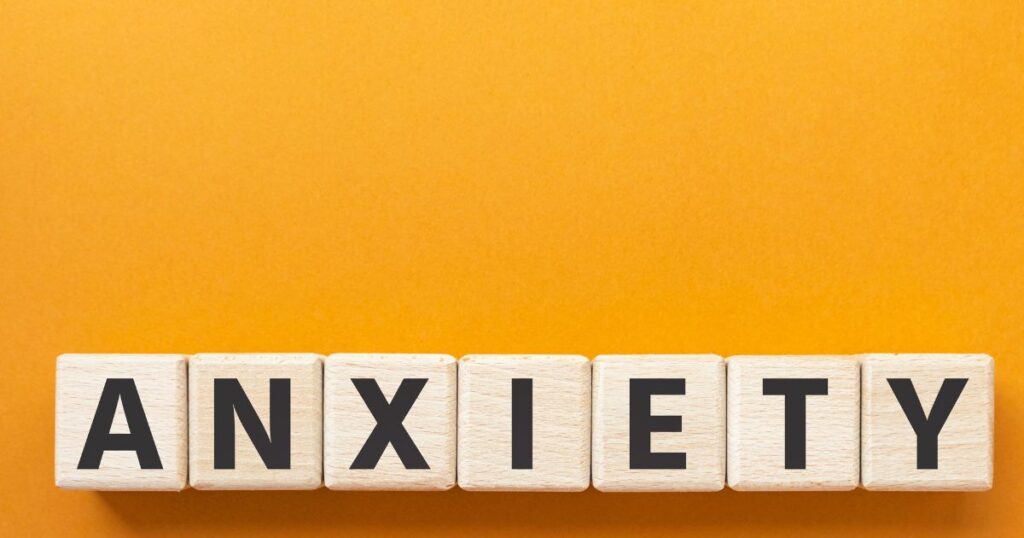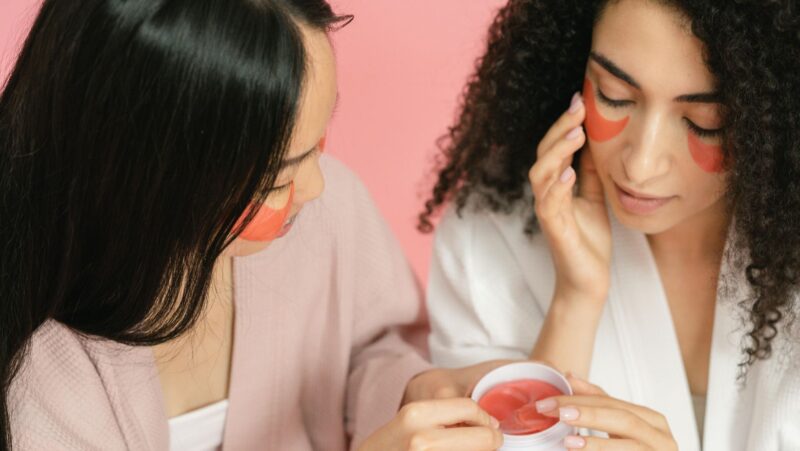
Anxiety is a common mental health condition that affects millions of people around the world. While medication and therapy are often recommended for treating anxiety disorders, many people seek natural remedies and lifestyle changes to help manage their symptoms. These alternative approaches can be used alongside traditional treatments or as a standalone option for those with mild anxiety.
In this article, we’ll explore some natural remedies and lifestyle changes that have been shown to help reduce anxiety, backed by research and expert recommendations.
What Is Anxiety?
Understanding Anxiety
Anxiety is a feeling of worry, fear, or unease that can range from mild to severe. While it’s normal to feel anxious from time to time, chronic anxiety can interfere with daily life. Anxiety disorders, such as Generalized Anxiety Disorder (GAD), Social Anxiety Disorder, and Panic Disorder, can make it difficult for individuals to function normally.
According to the World Health Organization (WHO), about 264 million people worldwide are affected by anxiety disorders. This makes it one of the most common mental health conditions globally.
Natural Remedies for Managing Anxiety
Herbal Supplements
Many people turn to herbal supplements to help ease anxiety. Some herbs have been traditionally used for centuries to promote relaxation and reduce stress. Here are a few that have gained attention for their potential calming effects:
– Chamomile: Known for its calming properties, chamomile tea is often used as a natural remedy for anxiety. A study published in Phytomedicine found that chamomile extract significantly reduced symptoms of Generalized Anxiety Disorder (GAD) in participants.
– Lavender: Lavender is well-known for its relaxing aroma and is often used in aromatherapy. Research from the Journal of Alternative and Complementary Medicine suggests that lavender oil can reduce anxiety levels in individuals exposed to stress.
– Ashwagandha: This adaptogenic herb is used in Ayurvedic medicine to help the body cope with stress. Studies show that ashwagandha can lower cortisol levels, the body’s primary stress hormone, which may help reduce anxiety.
Dietary Changes
The food we eat can have a direct impact on our mood and mental health. Incorporating certain foods into your diet may help alleviate anxiety symptoms:
– Omega-3 fatty acids: Found in fatty fish like salmon, walnuts, and flaxseeds, omega-3s are known for their anti-inflammatory properties and ability to support brain health. A study in the Journal of Clinical Psychiatry found that individuals who were supplemented with omega-3 fatty acids experienced a significant reduction in anxiety symptoms.

– Magnesium-rich foods: Magnesium plays a crucial role in regulating neurotransmitters that affect mood. Foods like spinach, almonds, and avocados are rich in magnesium and may help promote relaxation.
– Probiotics: Gut health is increasingly linked to mental health, and probiotics found in foods like yogurt, kefir, and fermented vegetables may improve anxiety by balancing gut bacteria.
Essential Oils and Aromatherapy
Aromatherapy is another natural remedy for managing anxiety. The use of essential oils, which are derived from plants, can promote relaxation and calm the mind. Some popular essential oils for anxiety relief include:
– Lavender oil: As mentioned earlier, lavender is a powerful calming agent. Inhaling lavender oil or using it in a diffuser can help reduce feelings of anxiety.
– Bergamot oil: A citrusy essential oil, bergamot is often used to uplift mood and ease anxiety. A study in **Complementary Therapies in Clinical Practice** found that inhaling bergamot oil significantly reduced stress and anxiety in participants.
– Frankincense oil: Known for its grounding properties, frankincense can help reduce feelings of nervousness and tension.
To use essential oils, you can add a few drops to a diffuser, mix them with a carrier oil for a calming massage, or inhale them directly from the bottle.
Lifestyle Changes for Reducing Anxiety
Regular Exercise
Exercise is one of the most effective natural remedies for managing anxiety. Physical activity releases endorphins, which are natural mood boosters, and helps reduce stress hormones like cortisol. According to the Anxiety and Depression Association of America (ADAA), regular exercise can reduce anxiety symptoms and improve overall mental well-being.
Even moderate activities like walking, yoga, or swimming can have a positive impact on anxiety levels. Aim for at least 30 minutes of exercise most days of the week to experience the benefits.
Mindfulness and Meditation
Mindfulness and meditation practices are powerful tools for managing anxiety. Mindfulness involves being present in the moment and paying attention to your thoughts and feelings without judgment. This can help reduce overthinking and ease anxious feelings.
Research published in the Journal of Clinical Psychology suggests that mindfulness meditation can significantly reduce symptoms of anxiety. Popular techniques include:
– Breathing exercises: Focused breathing can calm the nervous system and reduce anxiety. One simple technique is deep diaphragmatic breathing, where you inhale slowly through your nose, hold the breath, and exhale slowly through your mouth.
– Body scan meditation: This involves mentally scanning your body from head to toe, paying attention to areas of tension, and consciously relaxing them.
Apps like Headspace and Calm offer guided meditation sessions that can help you get started with mindfulness practices.
Adequate Sleep
Sleep and anxiety are closely linked, and lack of sleep can worsen anxiety symptoms. Ensuring you get enough rest is crucial for mental health. Poor sleep can heighten anxiety by increasing stress hormones and reducing your ability to cope with challenges.
To improve sleep quality:
– Stick to a regular sleep schedule, even on weekends.
– Create a relaxing bedtime routine, such as reading or taking a warm bath.
– Avoid screens for at least an hour before bed, as the blue light emitted by phones and computers can interfere with sleep.
According to a study published in the Journal of Anxiety Disorders, improving sleep hygiene can significantly reduce anxiety levels in individuals with insomnia and anxiety disorders.
Limiting Caffeine and Alcohol
While it can be tempting to rely on coffee or alcohol to manage anxiety, these substances can actually make anxiety worse. Caffeine stimulates the nervous system and can trigger anxiety symptoms, especially in those who are sensitive to it. Similarly, alcohol may initially seem calming, but it can lead to increased anxiety once it wears off.
If you struggle with anxiety, consider cutting back on caffeine and alcohol or eliminating them from your diet entirely. Instead, opt for soothing beverages like herbal teas or decaffeinated options.
Conclusion
Managing anxiety through natural remedies and lifestyle changes can be a powerful way to improve your mental well-being. By incorporating herbal supplements, making dietary adjustments, exercising regularly, and practicing mindfulness, many individuals find relief from anxiety symptoms without relying solely on medication.

It’s important to remember that while these approaches can be beneficial, they may not work for everyone, especially in cases of severe anxiety. Always consult with a healthcare professional before making significant changes to your treatment plan. With the right combination of natural remedies and lifestyle changes, it’s possible to take control of anxiety and live a more balanced, peaceful life.












